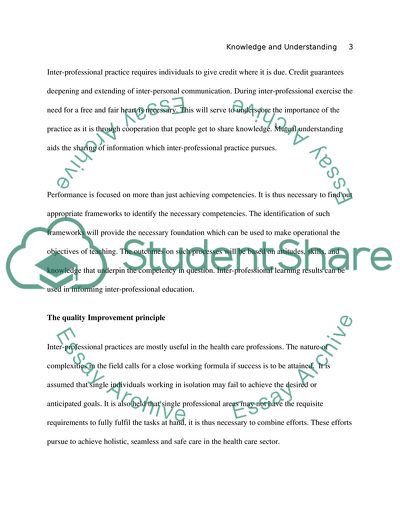Cite this document
(The Mental Relationships among People Case Study, n.d.)
The Mental Relationships among People Case Study. Retrieved from https://studentshare.org/human-resources/1734136-constructive-feedback-and-ongoing-development-of-a-learner
The Mental Relationships among People Case Study. Retrieved from https://studentshare.org/human-resources/1734136-constructive-feedback-and-ongoing-development-of-a-learner
(The Mental Relationships Among People Case Study)
The Mental Relationships Among People Case Study. https://studentshare.org/human-resources/1734136-constructive-feedback-and-ongoing-development-of-a-learner.
The Mental Relationships Among People Case Study. https://studentshare.org/human-resources/1734136-constructive-feedback-and-ongoing-development-of-a-learner.
“The Mental Relationships Among People Case Study”. https://studentshare.org/human-resources/1734136-constructive-feedback-and-ongoing-development-of-a-learner.


